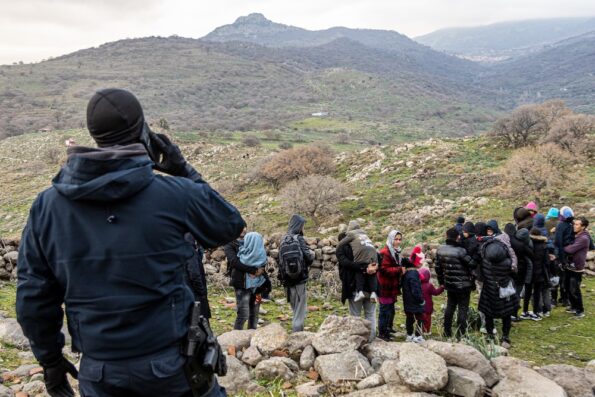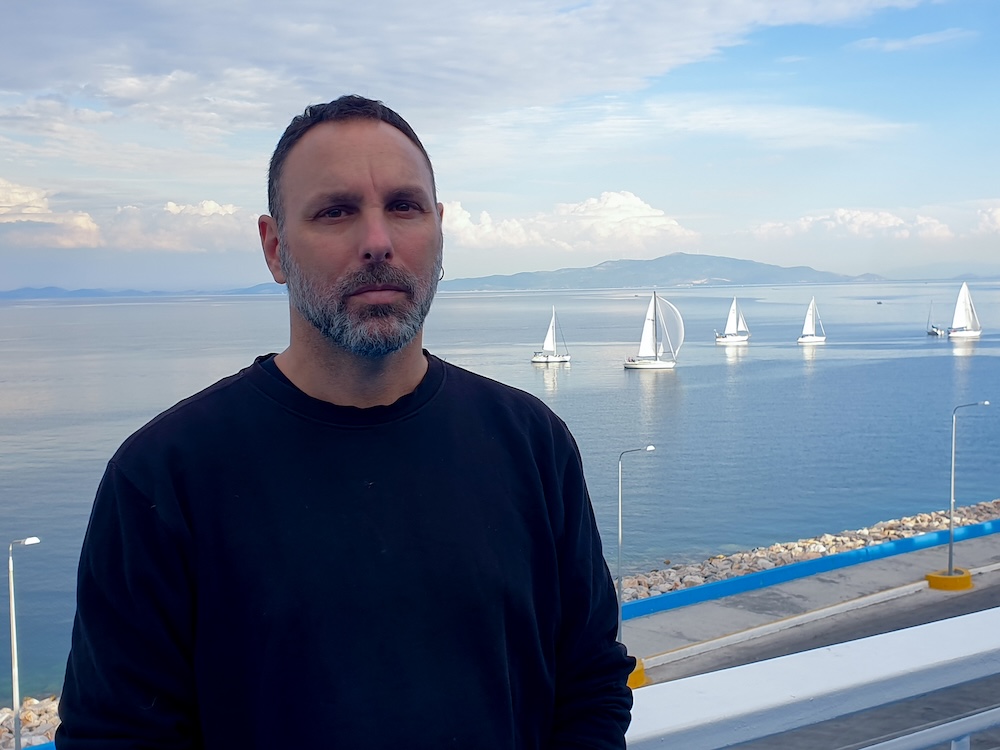Search
To search for an exact match, type the word or phrase you want in quotation marks.
A*DESK has been offering since 2002 contents about criticism and contemporary art. A*DESK has become consolidated thanks to all those who have believed in the project, all those who have followed us, debating, participating and collaborating. Many people have collaborated with A*DESK, and continue to do so. Their efforts, knowledge and belief in the project are what make it grow internationally. At A*DESK we have also generated work for over one hundred professionals in culture, from small collaborations with reviews and classes, to more prolonged and intense collaborations.
At A*DESK we believe in the need for free and universal access to culture and knowledge. We want to carry on being independent, remaining open to more ideas and opinions. If you believe in A*DESK, we need your backing to be able to continue. You can now participate in the project by supporting it. You can choose how much you want to contribute to the project.
You can decide how much you want to bring to the project.

The border is both a legal abstraction and an inhabitable territory. It is, above all, a political, law enforcement, legal, and geographical apparatus that determines who has rights and who does not, and that defines who was born in the right place and who in the wrong place. It is, above all, a contested space. I live on Lesbos, an island closer to the Middle East than to the heart of Europe, to whom it belongs. Since ancient times, Lesbos has been one of the busiest points of transit between East and West, between Europe and Asia. In recent decades, it has also become one of the tensest borders in the world.
The border is violence. In the early hours of April 3, 2025, eight people (including three girls and a baby) died off northern Lesbos when the inflatable raft in which they were trying to reach Europe and seek asylum capsized. This was no accident, as survivors reported that the coastguard attacked the vessel with harpoons, causing it to sink. As if that weren’t bad enough, the coastguard arrested the father of one of the dead girls, the widower of one of the deceased women, and accused him of being responsible for the shipwreck. This isn’t an isolated case. In my work as a reporter, I’ve documented hundreds of deaths in similar circumstances. In the last five years, more than 100,000 people have been rescued after being left adrift by the Greek coastguard. The border is a territory of impunity.
But borders are more than just this, they are also connections, bringing together different cultures and people, both those who live on the edges and those who cross them. They are spaces of enormous cultural richness, a mixed, bastardized, contaminated culture.
I’ve always been more interested in the people who live on the edge than those who view the world from the comfort of privilege, which is why borders are one of my main areas of interest. I am interested in both those who cross borders and also those who live where a border crosses them. This is why I chose the theme Living on the Border, in which can hear the voices of some authors who have chosen to live on the border and of others who have had no choice.

Hibai Arbide Aza is a reporter and former criminal lawyer, born in Leioa and based in Greece since 2014. He has worked in around fifteen countries covering conflicts, human rights, and social issues. He regularly contributes to El País and has also worked in television and radio, including TV3, Al Jazeera, and the BBC. He has been involved in border issues and freedom of movement for almost twenty years, first as an activist, then as a lawyer, and now as a journalist. He has particularly covered the refugee crisis in Lesbos, where he has lived since 2022. He is the author of the book “Con el agua al cuello, muertes y devoluciones en caliente en la peor frontera de Europa” [Up to His Neck in Water, Deaths and Hot Returns on Europe’s Worst Border]. He hates writing his biography and borders.
"A desk is a dangerous place from which to watch the world" (John Le Carré)